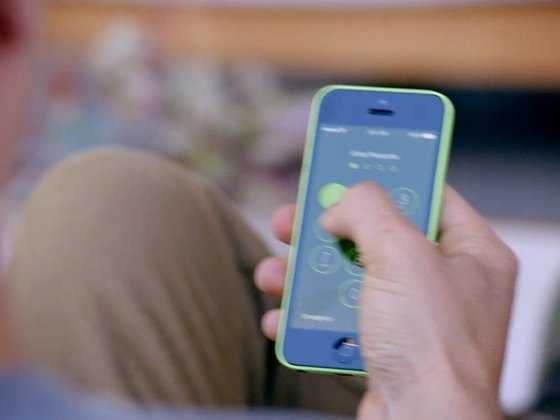Quebec resident Alain Philippon to fight charge for not giving up phone password at airport
A Quebec man charged with obstructing border officials by refusing to give up his smartphone password says he will fight the charge.
The case has raised a new legal question in Canada, a law professor says.
Alain Philippon, 38, of Ste-Anne-des-Plaines, Que., refused to divulge his cellphone password to Canada Border Services Agency during a customs search Monday night at Halifax Stanfield International Airport.
Philippon had arrived in Halifax on a flight from Puerto Plata in the Dominican Republic. He's been charged under section 153.1 (b) of the Customs Act for hindering or preventing border officers from performing their role under the act.
According to the CBSA, the minimum fine for the offence is $1,000, with a maximum fine of $25,000 and the possibility of a year in jail.
Philippon did not want to be interviewed but said he intends to fight the charge since he considers the information on his phone to be "personal."
The CBSA wouldn't say why Philippon was selected for a smartphone search.
In an email, a border services spokesperson wrote, "Officers are trained in examination, investigative and questioning techniques. To divulge our approach may render our techniques ineffective. Officers are trained to look for indicators of deception and use a risk management approach in determining which goods may warrant a closer look."
Rob Currie, director of the Law and Technology Institute at the Schulich School of Law at Dalhousie University, said that under Canadian law, travellers crossing the Canadian border have a reduced expectation of privacy.
He said border officials have wide-ranging powers to search travellers and their belongings.
"Under the Customs Act, customs officers are allowed to inspect things that you have, that you're bringing into the country," he told CBC News. "The term used in the act is 'goods,' but that certainly extends to your cellphone, to your tablet, to your computer, pretty much anything you have."
Philippon has been released on bail, and will return to court in Dartmouth on May 12 for election and plea.
Not tested yet in court
Currie said the issue of whether a traveller must reveal a password to an electronic device at the border hasn’t been tested by a court.
"This is a question that has not been litigated in Canada, whether they can actually demand you to hand over your password to allow them to unlock the device," he said. "[It's] one thing for them to inspect it, another thing for them to compel you to help them."
Currie said the obstruction case hinges on that distinction.
"[It's] a very interesting one to watch."



